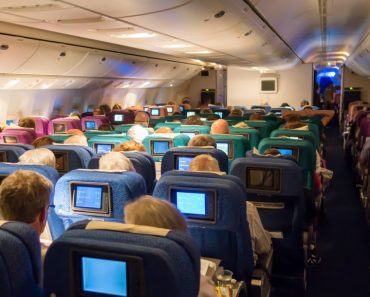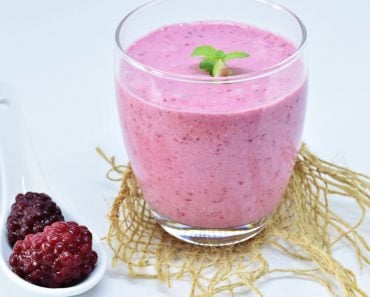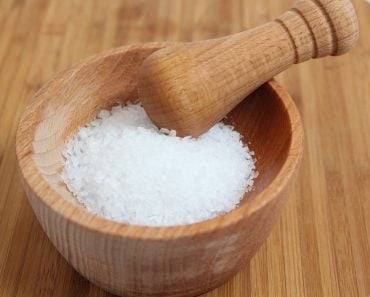The main reason food tastes bad on airplanes is because of the change in our ability to perceive taste. The cabin air is 15% drier than the air on the ground, which makes passengers more dehydrated and dry-mouthed. The pressure inside the cabin is lower than on the ground, which makes it harder to detect odorants. The noise levels are high during air travel, which inhibits our ability to appreciate sweet flavors. The method of food production is different, and the food is often overcooked.
How many times have you complained about airline food being bland and tasteless? How many times have you stopped from ordering any food at all during a flight because we find it unappetizing? Sadly, we might have just been proven to simply be whiny. According to popularly accepted studies, the reason for the ‘bad food’ might just be a change in our ability to perceive taste. That makes it our body’s fault, rather than the airlines. Let’s get into the actual details before you get offended…
The Fraunhofer Institute, a research organization based in Germany, conducted a study on why a dish that would be perfectly acceptable in a fine dining restaurant would seem bland while in the air. In a mock aircraft cabin, researchers tried out ingredients at both sea level and in a pressurized condition and the differences in taste were startling.
Recommended Video for you:
The Cabin Air Is 15% Drier Than The Air On The Ground
To maintain the pressure inside the cabin, airlines must closely regulate the air inside. This involves changing the composition of air that we breathe. The air inside airplane cabins is far more dry than the air we breathe when we’re on the ground. In some cases, it’s even drier than certain deserts. In an environment like this, your powers of taste and smell begin to drift away. Scent actually starts to deteriorate the moment you step on a plane, but nosedives once the airplane starts to climb. This makes passengers more dehydrated and dry-mouthed. No one can deny that a glass of lemonade goes great with a meal on a sunny day, but the wine make people choose on an airplane feels thin and more acidic in the air, even if it’s exactly the same as the one you had before take-off.
The Pressure Inside The Cabin Is Lower Than On The Ground
Although the cabin is pressurized to mimic the air pressure you would feel on the ground, it’s still less than you would experience at sea level. A passenger’s bodily fluids will move upwards and the nasal cavities swell. The swelling messes with our taste buds, making the food taste unappealing. You might know how dining in such conditions feel, since we’ve all fought colds in the past. A sick person is far from the best judge of food quality.
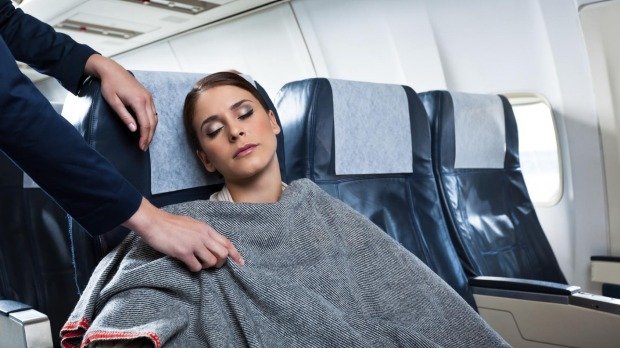
Additionally, researchers discovered that the lower temperature and air pressure on an airplane both make it harder to detect odorants, which are airborne molecules that stimulate the nose’s sensory cells and play an important role in the tasting process. Essentially, it’s harder to smell on an airplane, so it’s also harder to taste.
The Noise Levels Are High During Air Travel
Flight noises include vibrations from the air striking the hull, as well as the roaring of the engines and winds. These collectively produce a rather constant ‘noise’ that can be as loud as 85 decibels, which is equivalent to city traffic. It might seem like a weird reason for food to taste bland, but researchers have found that loud noises inhibit our ability to appreciate sweet flavors. On the other hand, noise does help us to appreciate something called ‘Umami’. Umami is found in tomatoes and other hearty, rich or meaty foods, so at least tomatoes taste better during flight!
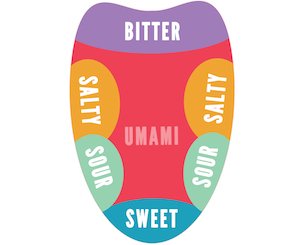
In fact, in 2008, staff at Lufthansa noticed that passengers were drinking as much tomato juice as beer on flights – a shocking discovery for a German airline, since Germans traditionally love beer. 48 participants sampled tastes in both a quiet room and one made to sound like an airplane cabin. Each volunteer rated the foods for flavor and stated how much they liked them. Background noise led to the foods being rated less salty or sweet. They were also perceived as more crunchy. Researchers concluded that the “plane cabin” inhibited people’s ability to taste sweet flavors.
The Method Of Food Production Is Different
Okay, so maybe not all of this is your fault. Bad food can’t be blamed solely on the in-cabin conditions too. It’s also possible that the food is actually bad. Preparing and serving tasty food for a few hundred people above the clouds is not an easy task. Due to food safety standards, all meals must be cooked on the ground, which demands that the food be robust. Such requirements for mass production definitely ties down the Chef’s hands. The final product might not be similar to what they envisioned, as the food they prepare goes through plenty of hardships before consumption.
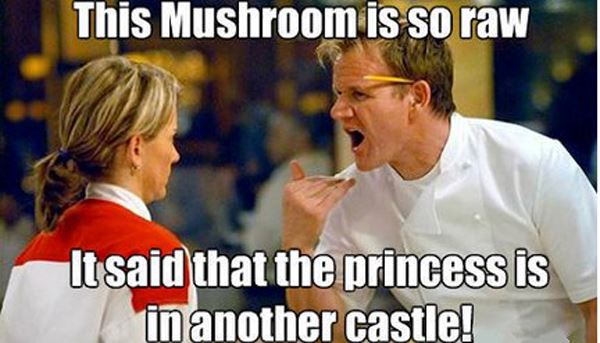
After the food is prepared, it’s chilled and stored until it’s time to load it onto a truck and, finally, onto the plane where it’s served to passengers, possibly hours later. Food deterioration after heating it once can’t be denied. Non-vegetarian food often becomes dry and tough.
What Can Be Done?
Basically, we can’t use the same recipes for airline meals that we would use on the ground, but that doesn’t mean meals served on airplanes can’t taste just as good. Apparently, chefs have been trying to master the art and science of adapting recipes to changes in how food tastes at high altitudes. For example, meals served in first-class are prepared differently. They are prepared in a manner that takes the re-heating process into account so they’re not overcooked.

Since sweet and salty foods suffer the most, airlines have begun to add more salt and spice during preparation to give their food some added vigor. Although this service is limited to first-class passengers, everyone needs to be patient until better solutions for mass food production are found that take into account all the changes that happen when we fly. Until then, keep in mind that food flavors like cardamom, curry and lemongrass taste especially good at cruising heights!

